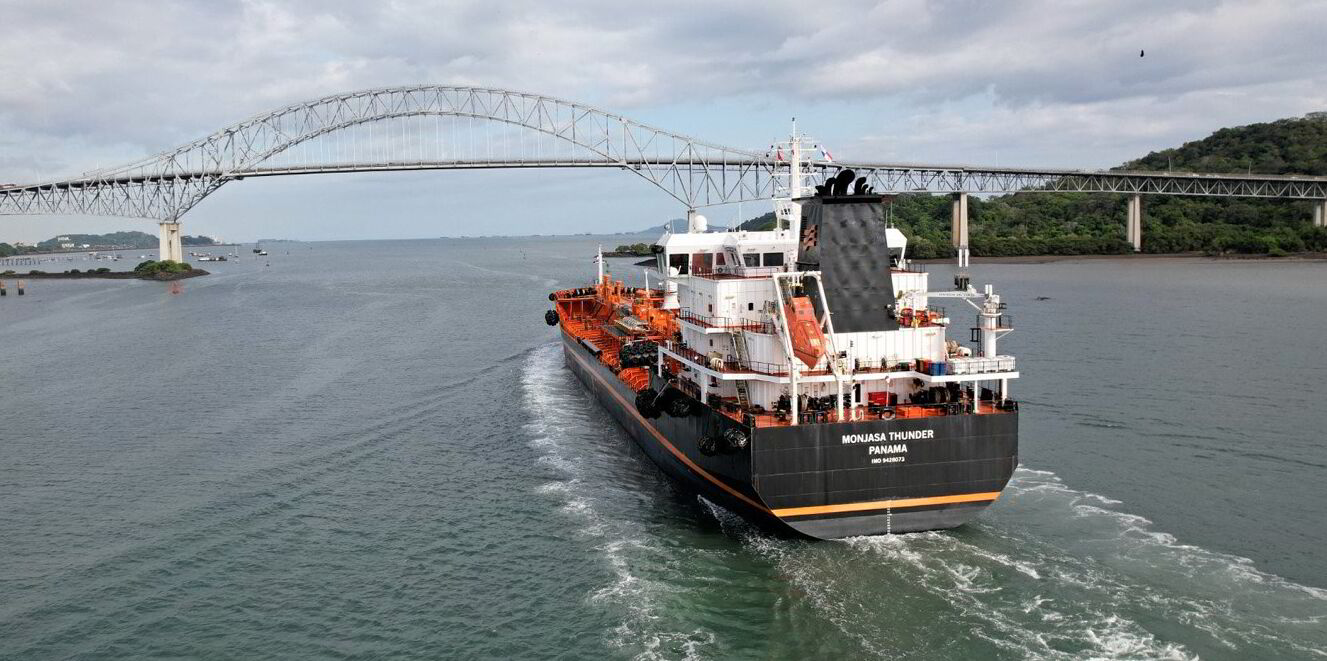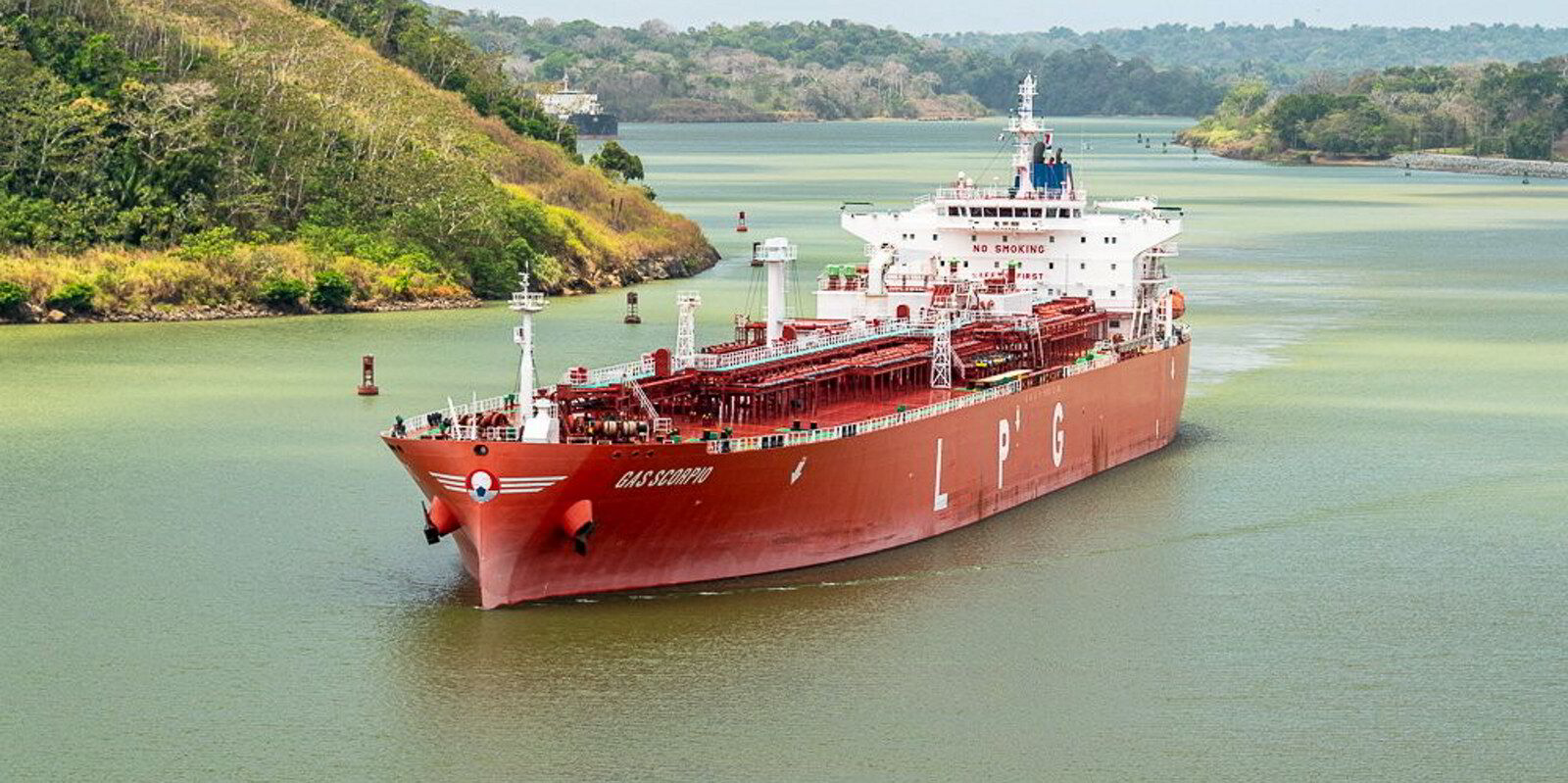The Panama Canal is rejigging its transit reservation system as it gears up to roll out sales of long-term transit slots in the weeks ahead.
The moves, which officials couched as an effort to provide consistency to shipping after the waterway’s high-profile role as an industry pinch point, come as some gas carrier operators may remain on the sidelines of the upcoming sales.
The authority is gearing up to implement what it calls long-term slot allocation methodology in the weeks ahead for its larger neo-panamax locks.
The slots involve transits between 5 January next year and 3 January 2026.
Six packages of 24 slots each will be auctioned starting on 9 September for the LNG and LPG carrier sector, followed by 18 packages of 12 slots on 11 September.
Operators of full container ships will be able to bid on 1 October on seven packages of 104 slots.
That will be followed by auctions for seven packages of 52 slots on 3 October that are open for all sectors, and then a single package of six slots on 7 October.
This week, the canal authority announced new reservation system tariffs to accompany the package.
In addition to slots that will go to the highest bidder, operators will face a surcharge of 250% for missing a booked reservation slot by more than seven days, according to agency GAC.
But the authority also introduced what it called “empathetic management” of the tariff modifications, giving customers the ability to swap slots for a 1% surcharge.
| Shipping segment | Number of packages | Slots per package | Auction start |
| LNG/LPG | 6 | 24 | 9 Sep |
| LNG/LPG | 18 | 12 | 11 Sep |
| Full containers | 7 | 104 | 1 Oct |
| Full containers | 7 | 52 | 3 Oct |
| All | 1 | 6 | 7 Oct |
Rainfall has brought the Panama Canal back to normal after slashing vessel draughts and the number of daily transits to confront water shortfall.
In June, canal administrator Ricaurte Vasquez Morales told TradeWinds in an interview that the authority was polling shipping executives to find out how to transform the reservation system to bring more reliability.
The options under consideration included auctions for long-term slots, reshaping what had been a first-in, first-out system before the crisis.
“In times of volatility, reliability is the answer,” Vasquez said at the time.
Not all shipping companies are champing at the bit to lodge bids.
Some slot auctions were previously scheduled to be held earlier, but container liner operators asked for more time, the authority said in a recent advisory to shipping.
GAC also said some companies have expressed concerns about changes in ranking of vessel operators, which have favoured high-volume users of the canal.
“Customers also emphasised the need for clear and published rules for the new ranking calculation before participating,” the agency said in an Instagram post.
This week, a financial analyst asked Richard Tyrrell, chief executive of LNG carrier owner Cool Company, about whether the slot allocation programme and the canal’s plans to access new reservoirs will affect global shipping routes.
Tyrrell said more vessels will go through the canal as long as the waterway can take them, but the shipping market has been able to accommodate longer routes and ships are sailing slower.
“There is still uncertainty over how many ships the Panama Canal can really take, so bottom line: there will be a bit of a normalisation, but not that much,” he said in a Thursday conference call.
Kristian Sorensen, chief executive of BW LPG, said his company invested time in deciphering the new transit reservation system and decided to stay on the sidelines.
“I don’t think we’ll bid in for this tender,” he said in a recent conference call. “It’s more designed for container ships and the likes, which are shuttling back and forth, the way we see it.”





